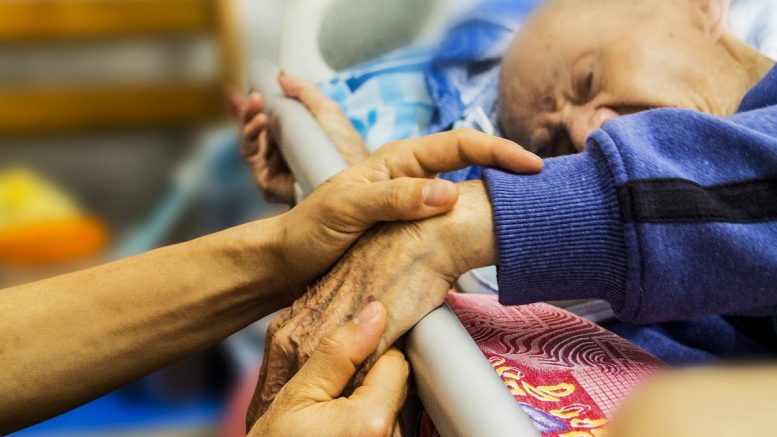Hospice provides specialised palliative care to people with advanced illnesses nearing the end of life and no longer want curative treatment. It offers comfort-focused care that helps enhance a loved one’s quality of life, enabling them to live longer than those who don’t get hospice care. Hospice care is integrative. It helps address a patient’s spiritual, clinical, and emotional needs while honouring their end-of-life wishes and goals.
Determining whether a loved one requires hospice care is complicated. However, observing them can help identify symptoms that it’s time for end-of-life care. This post discusses five signs your loved one is ready for hospice:
1. Treatment is no longer working
If a terminally ill loved one’s health is constantly deteriorating despite aggressive treatments, it could be time to consider hospice. Also, hospice care is the best solution if they no longer want to seek curative treatment but want comfort, better quality of life, and time with family and loved ones.
Hospice includes palliative care instead of ongoing curative practices, enabling your loved one to live their last days with dignity, purpose, support, grace, and the fullest. Reliable hospice providers such as Longhouse create a care plan unique for your loved one’s needs to ensure adequate care.
2. Hard-to-manage chronic pain
Chronic pain negatively impacts a loved one’s quality of life and mental focus. It makes their end-of-life days uncomfortable and unbearable. It also keeps them from interacting and spending time with loved ones. Chronic pain makes it difficult to eat and sleep, worsening other illness symptoms. It also causes suffering and distress to patients and their loved ones.
Hospice prioritises pain management to enhance the quality of life. They can partner with healthcare providers to identify appropriate pain treatment. Hospice ensures patients get the medications and palliative care they need to relieve pain and avoid further suffering. This improves your loved one’s quality of life and gives you peace of mind.
3. Regular emergency department visits
While near-end-of-life patients prefer dying at home, complex needs and chronic recurring disease symptoms may result in frequent ED visits. Consider hospice care if your loved one’s emergency department visits become too frequent. Hospice care facilities have the expertise, equipment, and staffing to provide care in a suitable setting or at home.
With hospice care, your loved one doesn’t have to keep being readmitted to the hospital for extended periods. They can be offered the care they require without leaving home or in a specialised facility.
4. They meet hospice eligibility criteria
For patients to start hospice care, they must meet specific eligibility requirements. When determining suitability, a medical health professional must ascertain that your loved one is terminally sick, with a six-month or less life expectancy if the illness runs its anticipated course.
Regular hospitalisations, progressive weight loss, skin breakdown, recurrent infections, deteriorating medical capacities, and compromised daily living activities are some of the requirements you must meet to qualify for hospice care.
5. Symptoms are becoming hard to manage
If your loved one’s symptoms are becoming hard to manage and increasing their suffering, hospice can help. They have the skills and expertise to effectively manage a near-end-of-life patient’s symptoms for improved quality of life and comfort.
Hospice care is an excellent way to help terminally ill patients live their end-of-life days comfortably and to the fullest. Familiarise yourself with the signs your loved one needs hospice for better quality of life and longer lifespan.





